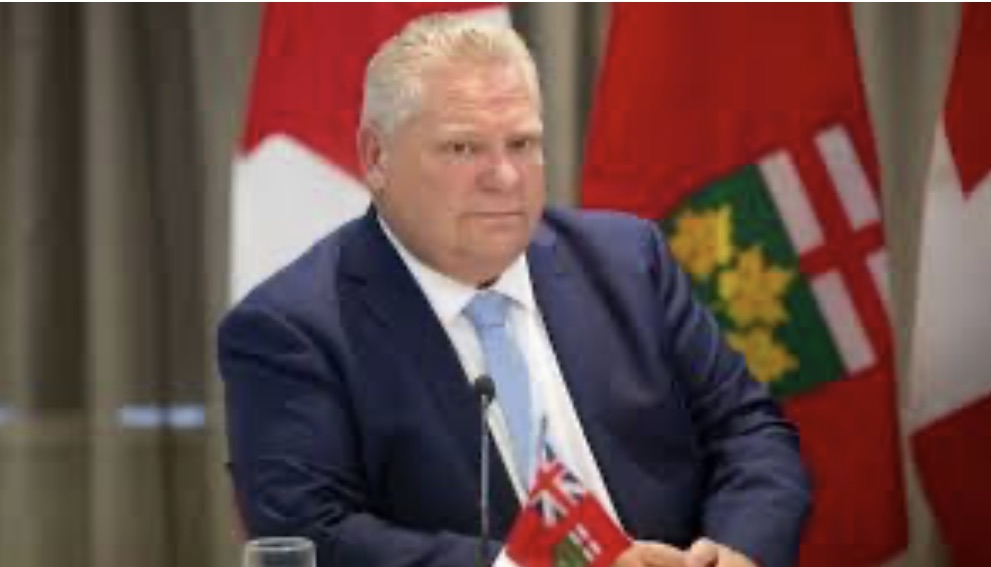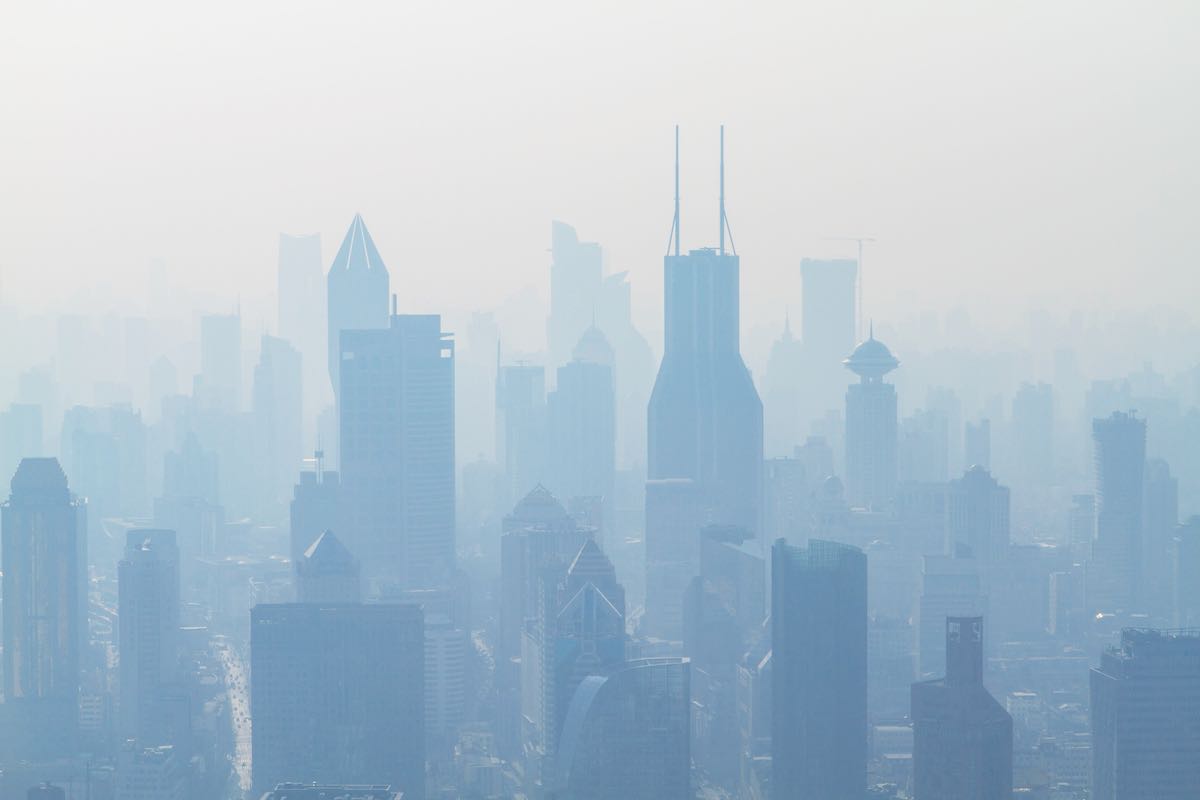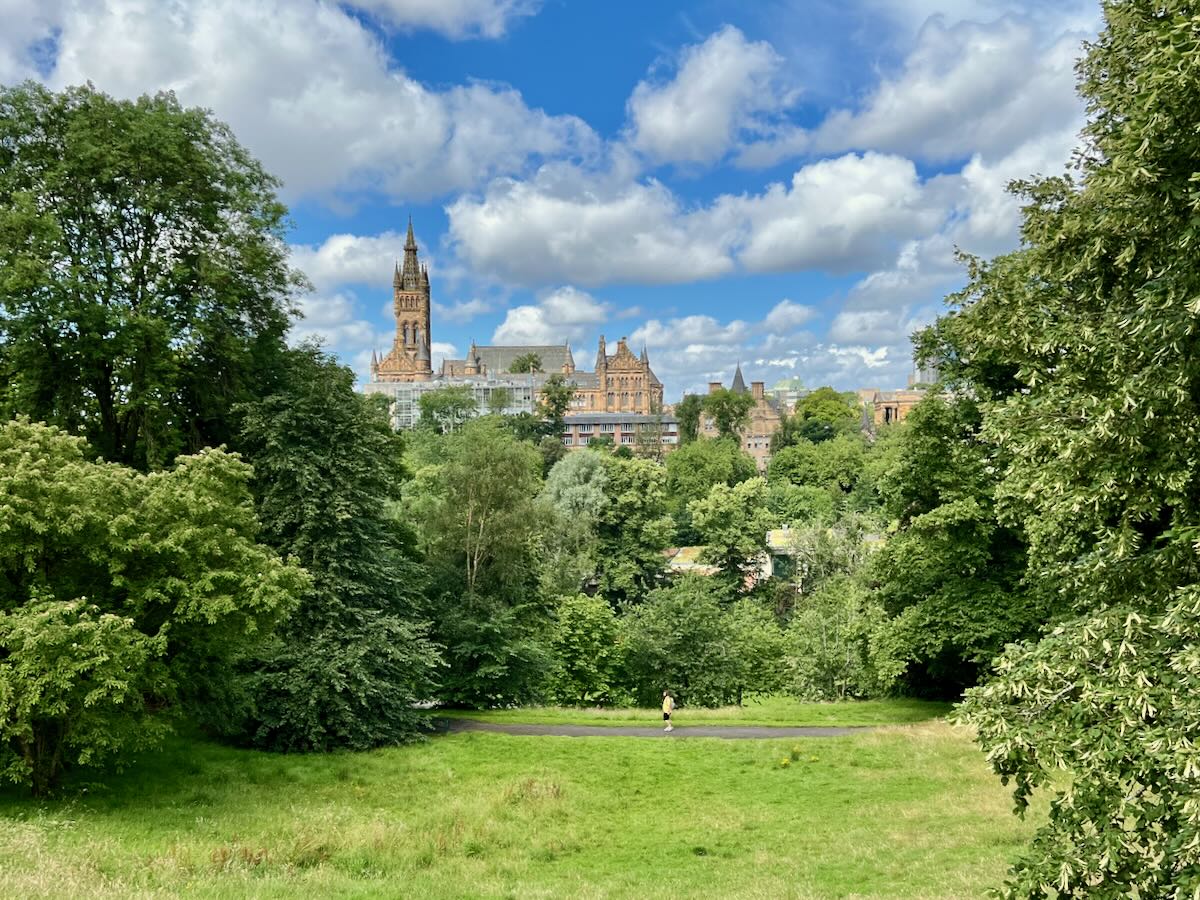International Trade and COVID19, Issue 10

Canada is a party to over twelve free trade agreements (“FTAs”) which cover 60% of the world economy. The three largest are:
- North American Free Trade Agreement which will be replaced by the Canada-United States-Mexico Agreement (“CUSMA”) on June 1, 2020.
- Canada-EU Comprehensive Economic and Trade Agreement (“CETA”)
- Comprehensive and Progressive Agreement for Trans-Pacific Partnership (“CPTPP”)

Canada’s international trade accounts for approximately US $1.7 trillion of its GDP and 75% of that value is with those countries with whom it has an FTA. From Canada’s early days when its main export was furs, Canada has relied on trade to prosper.
Modern FTAs go beyond the removal of tariffs and cover issues such as intellectual property, investment, e-commerce, labour, and the environment. The US remains Canada’s largest trading partner and 76% of Canadian exports went there in 2016. The recently concluded CPTTP is important as it is estimated that by 2030 two-thirds of middle class consumers will be in Asia.

Canadian businesses have embraced free trade. It ships natural resources all over the world; it is an integral cog in the manufacture of cars in North America; and, its agricultural production has shifted to take advantage of world markets. Canadian food production has been scaled to meet international demand for pork, soy, corn, beef, and other products. Enthusiastic participation in the global economy has rewarded Canada with years of fairly consistent GDP growth.
There are consequences to production shifts designed to take advantage of business opportunities created by free trade such as:
- The impact on soil conditions caused by monocultures designed to meet worldwide demand
- Price pressure on some sectors of Canadian agriculture such as the dairy industry
- Domestic conflicts over access to seaports and pipelines for the shipment of natural resources
- Global just-in-time supply chain reliance on the entire network remaining strong. If a link in the middle weakens, materials build up at the start of the chain and there is a shortage of product at the other end.
- Virus related closings of meat plants in the US has caused a surplus of animals at many Québec pig producers and empty shelves at some US super markets.
- If a Canadian brake manufacturer has a production problem unfinished automobiles can pile up at the location somewhere else in North America.

The Covid pandemic has highlighted another consequence. Canada and other countries have lost their self-sufficiency.
- Agricultural enterprises geared to provide large amounts of one commodity efficiently do little for national food security.
- Manufacturing automobile components does not develop a more dependable supply of respirators and other medical machinery and equipment
- Transferring the manufacture of antibiotics and drugs offshore creates dependency. Canada is not alone. Chinese pharmaceutical companies have supplied more than 90 percent of U.S. antibiotics, vitamin C, ibuprofen and hydrocortisone, as well as 70 percent of acetaminophen and 40 to 45 percent of heparin in recent years, according to Yanzhong Huang, a senior fellow for global health at the Council on Foreign Relations. https://www.nytimes.com/2020/03/11/business/economy/coronavirus-china-trump-drugs.html
- The shortage of and international competition for N-95 face masks and other personal protection equipment has already provided some impetus for Canada to develop a level of self-sufficiency in this area.
Additionally Current circumstances have demonstrated that some countries are willing to abandon old allies and trading partners to serve narrow, short-term national interests. Doug Ford said it best. When the current US administration attempted to stop the export of 3-M’s N95 masks to Canada Ford said: “I just can’t stress how disappointed I am at President Trump for making this decision. When the cards are down, you see who your friends are.” https://www.washingtonpost.com/opinions/2020/04/07/crisis-can-forge-great-leaders-doug-ford-is-showing-that-canada/ I have stated that these actions are in the short term interest. The world will remember these actions. 3M , it seems, pushed back for the right reasons but there may also have been a commercial realization that if they let the export prohibition stand, it would destroy some of their international business as nations would likely determine that they could no longer rely on them for critical supplies. This would extend to other US companies.

As Canada prepares to emerge from its Covid enforced hibernation, it has to build a recovery plan. It will have to balance the maintenance of its global trading status with the development of self-sufficiency in food, essential manufacturing, medical equipment, technology, and pharmaceuticals including antibiotics, antivirals, and vaccines.
Shop local, support local businesses, buy from local farms, and support local artisans and manufacturers.
And, as always, wash your hands, practice social distancing, hydrate, and exercise!





